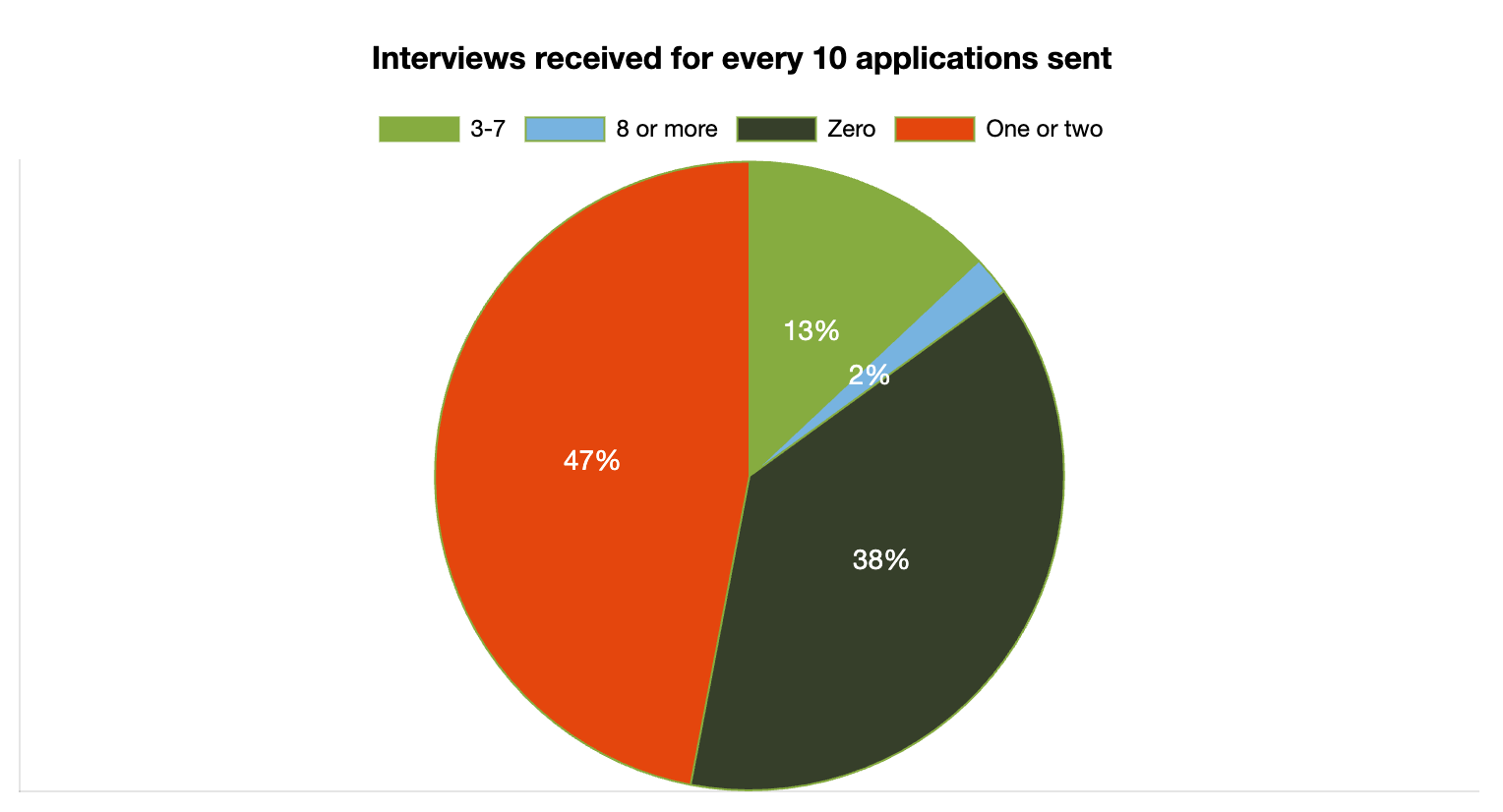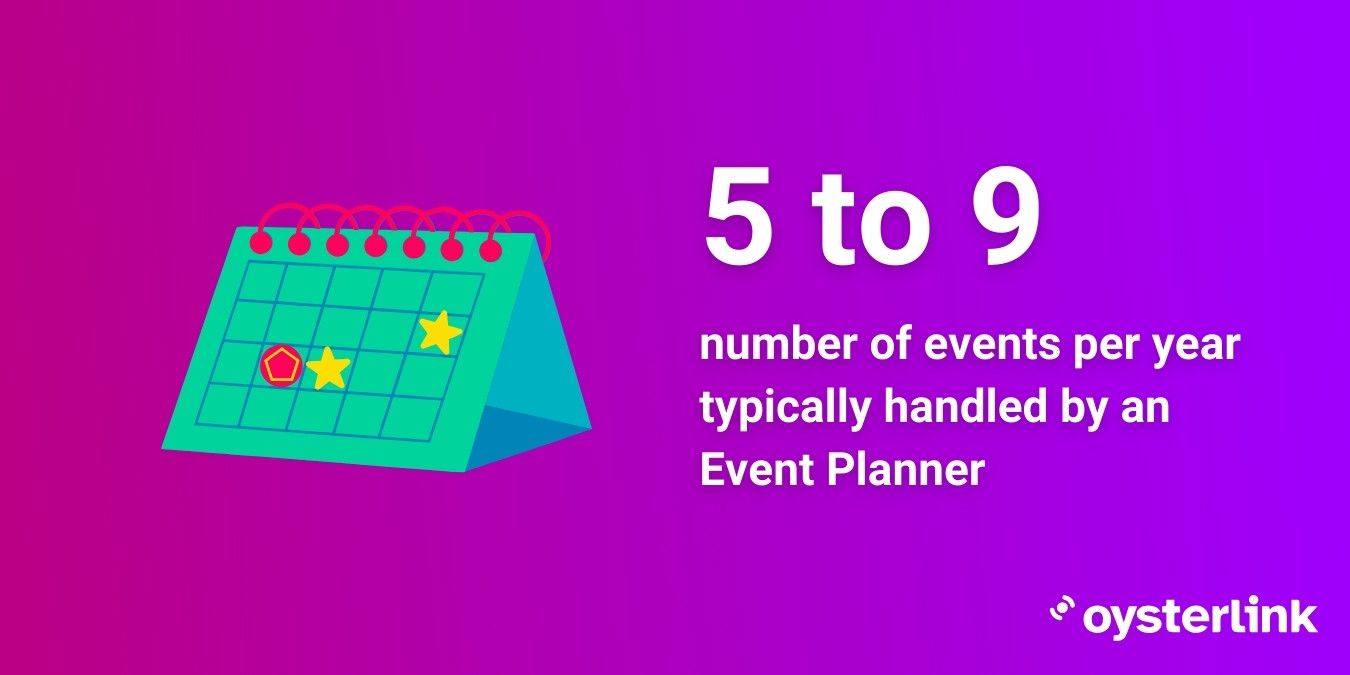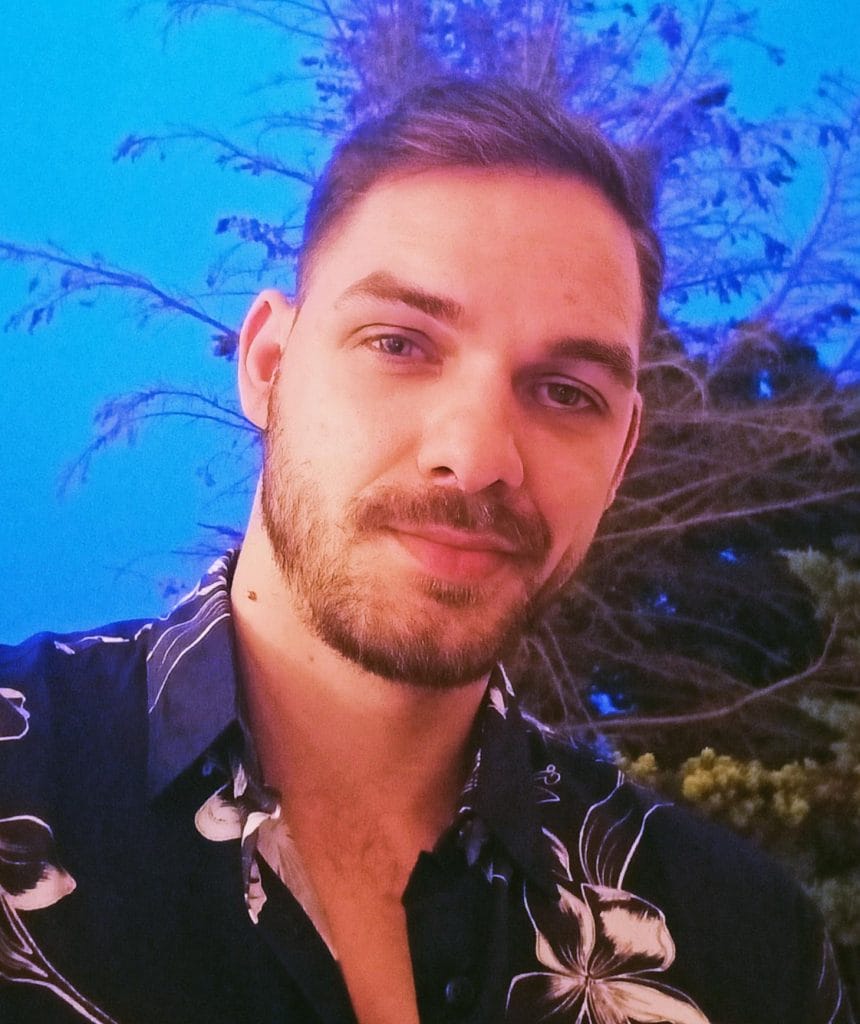Top 35 Event Planner Interview Questions & How To Answer Them
According to data from the Bureau of Labor Statistics (BLS), it takes around 10 applications for 47% of job seekers to land an interview. That's why it's so important to ace the interview since you might not get many other chances. To help you do that, we've compiled a list of some of the most common Event Planner job interview questions and answers.

[Source: BLS]
Popular Event Planner Interview Questions
These questions are tailored for owners looking to hire an Event Planner. If you're a job seeker, then these questions will help you demonstrate your suitability for the role and help you stand out.
Types of Event Planner Interview Questions
- Commonly Asked Questions About Experience and Skills: As the name itself indicates, these questions serve to lay the groundwork and get to know each other better. This is the perfect opportunity to ask applicants more about the challenges they've faced at work and how they overcame them.
- Event Planner Interview Questions About Customer Service: In the United States, 17% of individuals will stop using a service provider after just a single negative experience. This highlights just how important customer service is for Event Planners, especially for gaining loyal customers.
- Situational/Behavioral Event Planner Interview Questions: Situational and behavioral interview questions provide insight into how candidates handle real-life scenarios. These are hypothetical situations that applicants are more than likely to encounter at one point in their career.
What Are the Top Event Planner Interview Questions and Answers?
We also recommend going through the additional 25 questions that dive deeper into some crucial soft and hard skills that every employer is looking for in a great Event Planner.
How To Prepare for an Event Planner Interview
Preparing for an Event Planner interview involves focusing on key aspects relevant to both candidates and interviewers.
For candidates:
Your first step should be to research the event planning company or organization where you're interviewing. Learn about their past events, their clients and their services. By doing this and going into the interview prepared, you'll showcase your genuine interest in their work and your readiness to contribute to their team.
It's also important to highlight your event planning skills and experiences during the interview. Share examples of successful events you've organized and innovative solutions you've implemented. Event Planners typically handle 5 to 9 events every year, sometimes even less if they're working on large projects that take multiple months to complete.

Be ready to discuss how you handled unexpected challenges and crises during previous events. Employers want to see how you can handle mistakes or unforeseen issues to evaluate whether you can think quickly on your feet under pressure.
For interviewers:
Familiarize yourself with the specific responsibilities and requirements of the Event Planner role. Tailor your questions to assess candidates' abilities to handle tasks such as budget management and event logistics.
Pay close attention to candidates' communication skills during the interview. Look for candidates who can communicate clarity, are professional in their responses and display enthusiasm for the role.



